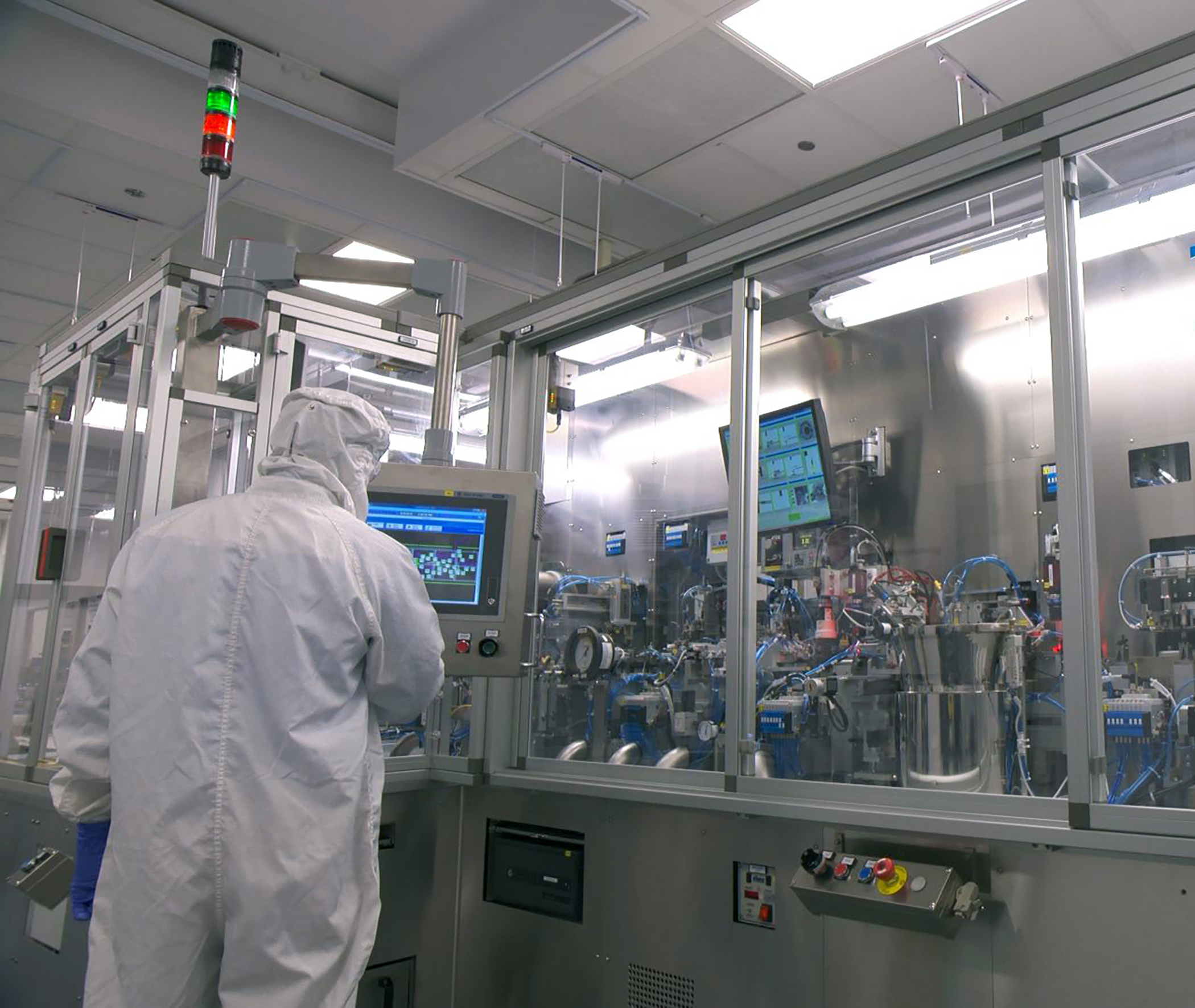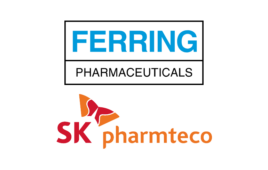With the continued introduction of biologic therapies, forward-thinking manufacturers will continue to re-examine and refine process scale-up practices.
As with any manufacturing industry, drug delivery technology companies are faced with adjusting manufacturing processes to meet expanded demand for certain products—this concept is often referred to as ‘process scale-up.’ In recent years, the introduction of biologic therapies has required drug delivery manufacturers to take a more analytical approach to process scale-up by addressing four factors:
- Verifying and assessing readiness
- Understanding regulatory requirements
- Identifying scale-up capabilities
- Auditing install capacity
Scale-up when both the delivery system and drug already have a market history is relatively straightforward because there is quantifiable demand that can be used to more accurately avoid over-spending or over-production.
Often, large pharmaceutical companies have multiple drugs in the pipeline, and the delivery technology doesn’t need to change or it may only need to be adjusted to go to market. Therefore, risks associated with scale-up are technical in nature and can be addressed through prototyping and piloting.
This is in stark contrast to scale-up scenarios with biologic therapies. Biologics have ushered in a new wave of drug delivery platforms. These drugs can interact with traditional delivery components in ways that can impact patient safety, including potential for breakage and drug interactions. Additionally, biologics dosage volumes are often larger, more viscous, and can take longer to administer.
As a result, there has been a sharp increase in the development of new materials for drug containment, such as cyclic olefin polymers, as well as innovative delivery methods, such as on body wearable delivery systems resulting in new combination products. Because both the drug and delivery platform are relatively new, there is no backdrop of market history to guide production quantity.
Successful combination product launches for newer, cutting-edge medicines require four critical process scale-up considerations by the delivery platform manufacturer to ensure it is safe and produced to meet demand.
1. Verifying and assessing readiness
An important factor in successful process scale-up is making sure the combination product can do what it claims to do. If it doesn’t, drug delivery manufacturers may be looking at a product that requires extensive revisions. Thorough human factors analysis will uncover challenges that may not have been obvious during the design verification stage. For example, patients with dexterity issues or vision impairment may have difficulty administering their treatment.
It’s also important to take whatever learnings arise from human factors analysis and apply them to the delivery platform improvements.

2. Understanding regulatory requirements
For a combination product to go to market, it must meet a number of regulatory approvals. Furthermore, if the product will be launched globally, the regulations of every country where it will be available must be considered. Any process scale-up efforts must take compliance into account to avoid unnecessary revisions or additional testing, which can delay availability.
Combination products must adhere to additional regulations because they are mechanical devices that may also include electronics. For example, the International Electrotechnical Commission’s (IEC) 60601 is a series of standards that dictate the safety and effectiveness in medical equipment. Because the devices may include electronics such as batteries, consideration must also be given to recovery, disposability, and reusability of the combination products components.
Additionally, new regulations are constantly being written for new products, often after development is well under way, so it’s important to work with a drug delivery manufacturer that understands the importance of having a working relationship with regulators to keep on top of changes and adjust process scale-up accordingly.
3. Identifying scale-up capabilities
Some combination product manufacturers are able to handle every step of the scale-up process, while others may not. Understanding whether you need to seek out a third party to assist in the process is critical. Frequently, a pharmaceutical company has what they believe to be a blockbuster drug. When they choose a combination product, they will want to know the manufacturer’s supply chain from top to bottom to make sure that operations can keep up with capacity and avoid any security of supply risk.
This is when manufacturers may partner with a contract manufacturing organization (CMO) to help identify any areas that may be of concern to the drug company and—as it relates to scale-up considerations—point out any areas that may impede accurate volume of production. Modeling of demand versus capacity and the fulfillment process can identify potential bottlenecks in advance.
4. Auditing install capacity
It is critical to thoroughly assess every aspect of on-site assets to ensure scale-up demand can be met. Investments into inspection—and possibly making improvements to—tooling, equipment, facilities, and cleanrooms are necessary. At the same time, costs should be scrutinized to avoid wasting capital on assets that aren’t necessary. Once the product is launched, another audit should be conducted to determine the readiness for lifecycle management changes to the combination product.
Conclusion
Companies that manufacture drug delivery platforms and combination products have learned a lot about process scale-up in recent years. With the continued introduction of biologic therapies, forward-thinking manufacturers will continue to re-examine and refine their process scale-up practices to better serve their pharmaceutical partners and develop delivery systems in an efficient, cost-effective way. As updated versions of these innovative technologies are made available, the lessons learned will position them to not only meet the needs of the current marketplace, but anticipate future needs as well.
This feature story can also be found in the July/August 2017 issue of Pharmaceutical Processing.
Follow us on Twitter and Facebook for updates on the latest pharmaceutical and biopharmaceutical manufacturing news!




